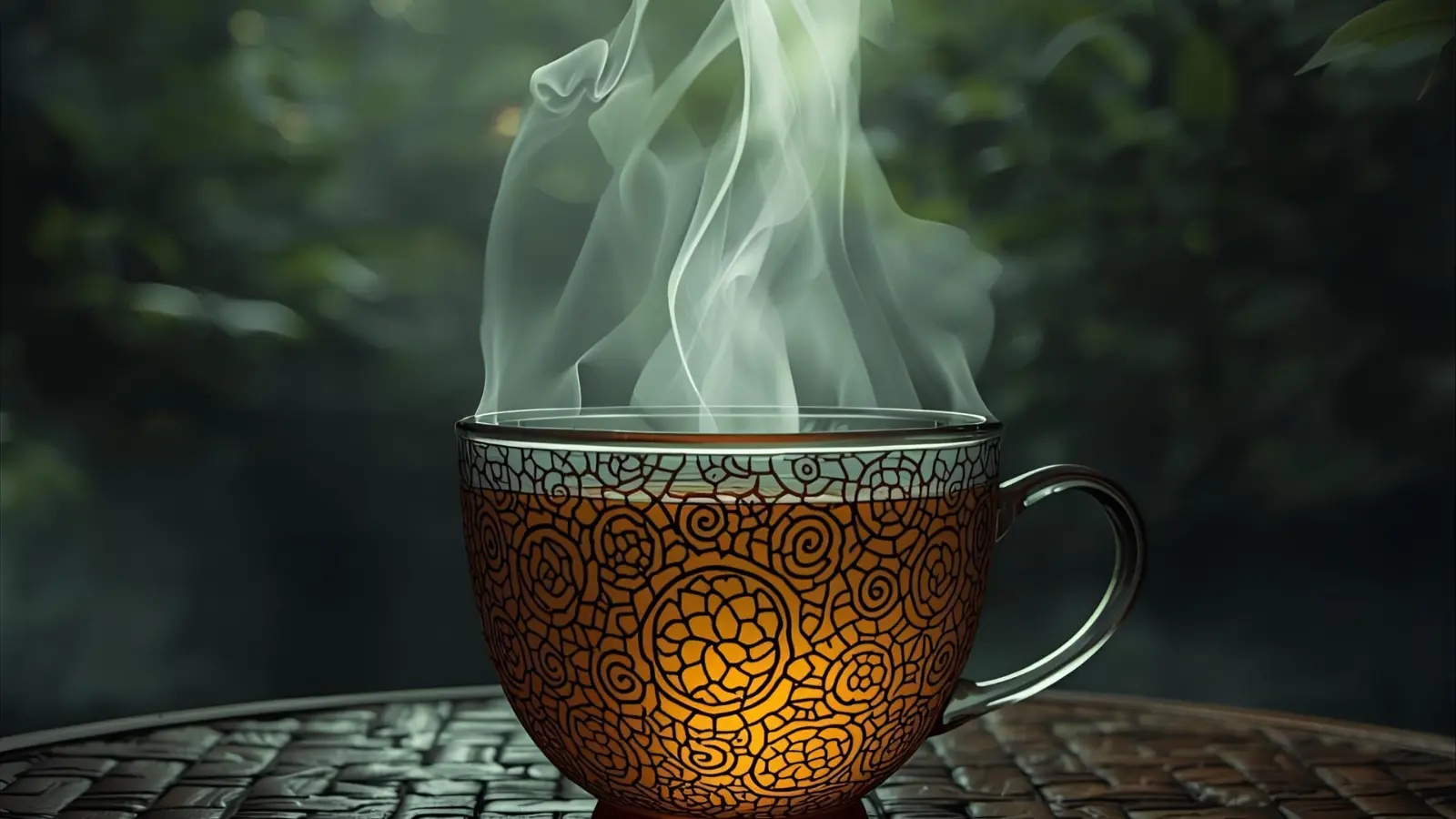Tea is more than a comforting drink it’s a symbol of peace, mindfulness, hospitality, and connection.
Across cultures, tea has carried spiritual, social, and even political meanings.
Whether served in a Japanese tea ceremony, offered as hospitality in the Middle East, or enjoyed in an English afternoon ritual, tea represents much more than flavor it represents harmony and shared humanity.
In this guide, we’ll explore the symbolism of tea in different traditions, spirituality, and daily life.
🍃 Tea as a Symbol of Peace and Tranquility
- Drinking tea often symbolizes calmness and serenity.
- It represents the idea of slowing down in a fast-paced world.
- A warm cup of tea is a universal symbol of comfort and grounding.
🫖 Tea and Mindfulness
- Tea ceremonies emphasize being present in the moment.
- The act of brewing and sipping tea becomes a form of meditation.
- Symbolizes balance, awareness, and inner stillness.
🤝Tea as a Symbol of Hospitality and Friendship
- In many cultures, offering tea to a guest = respect and welcome.
- Sharing tea symbolizes connection, conversation, and bonding.
- Tea gatherings often represent unity and friendship across differences.
🪷Spiritual Symbolism of Tea
- Tea represents purification of the mind and soul.
- In Buddhism, tea drinking is linked to enlightenment and clarity.
- The rising steam is seen as a symbol of prayers, offerings, and impermanence.
🏮 Tea in Chinese Culture
- Tea is deeply rooted in Chinese philosophy and Taoism.
- Symbolizes harmony between people and nature.
- Green tea = vitality and health; black tea = strength and endurance; white tea = purity.
🎎Tea in Japanese Culture
- The Japanese tea ceremony (chanoyu) is a symbol of respect, harmony, and simplicity.
- Represents the Zen ideals of wabi-sabi (beauty in imperfection).
- Every movement in the ritual carries spiritual depth and intention.
🌍 Tea in Western Traditions
- Afternoon tea in England = elegance, tradition, and social bonding.
- Tea also symbolizes comfort during difficult times (“a cup of tea makes everything better”).
- In literature, tea often represents refinement, routine, and warmth.
🕌 Tea in Middle Eastern and African Culture
- In Morocco, mint tea symbolizes hospitality, generosity, and family bonds.
- Sharing tea is a sacred ritual of trust and connection.
- In many African cultures, tea gatherings represent community and storytelling.
🔮 Symbolism of Different Teas
- Green tea → renewal, health, youth.
- Black tea → strength, grounding, resilience.
- White tea → purity, innocence, spirituality.
- Herbal tea → healing, nature, balance.
- Chai tea → warmth, passion, comfort.
🌸 Tea in Dreams and Symbolism
- Dreaming of tea may represent healing and calm.
- Sharing tea in dreams → connection and relationships.
- Spilled tea → loss of peace or hidden truths revealed.
❓ FAQ on Tea Symbolism
1. What does tea symbolize spiritually?
Tea symbolizes peace, mindfulness, and purification of the soul.
2. Why is tea a symbol of hospitality?
Offering tea is a universal gesture of welcome, respect, and friendship.
3. What does green tea symbolize?
Green tea represents renewal, health, and vitality.
4. What is the meaning of the Japanese tea ceremony?
It symbolizes harmony, respect, purity, and mindfulness.
5. What does tea symbolize in dreams?
It often represents healing, connection, or the need for calm.
🌿 Conclusion
Tea is more than a drink it’s a symbol of peace, friendship, mindfulness, and spiritual connection.
From Chinese philosophy to Japanese tea ceremonies, Moroccan mint rituals to English afternoon tea, this humble beverage reminds us of the importance of slowing down, sharing moments, and finding meaning in the simple things.

